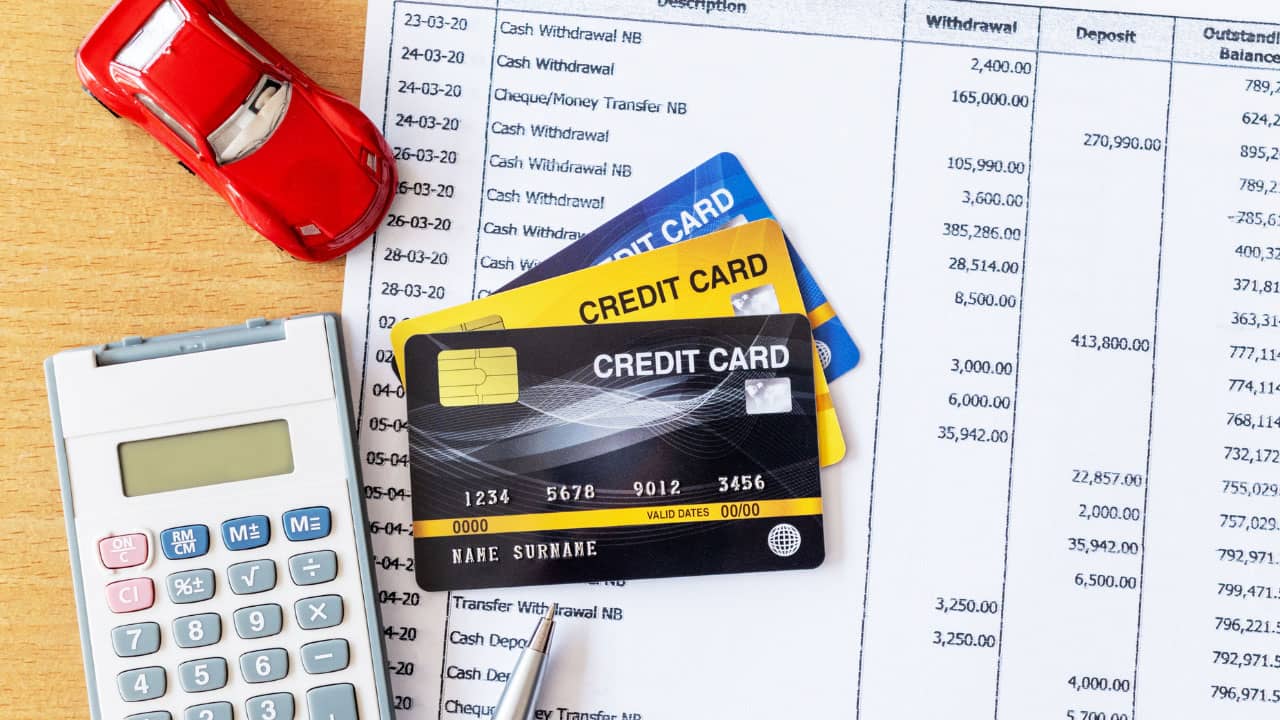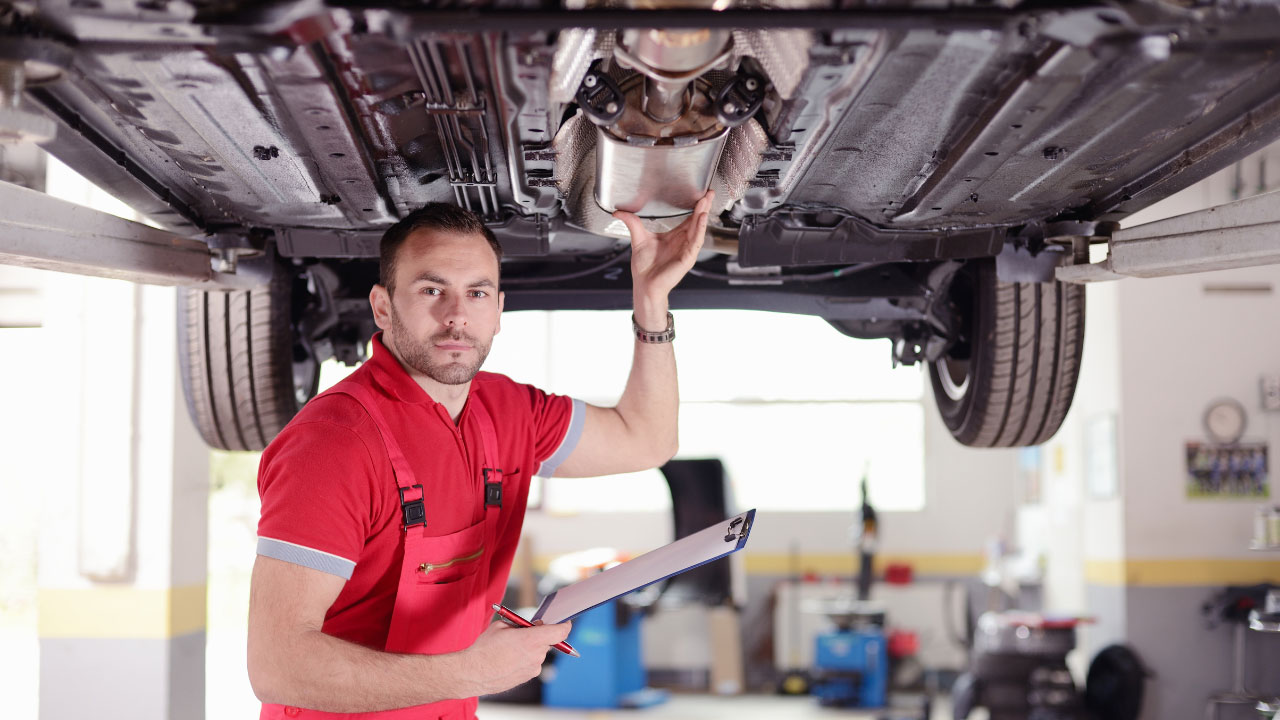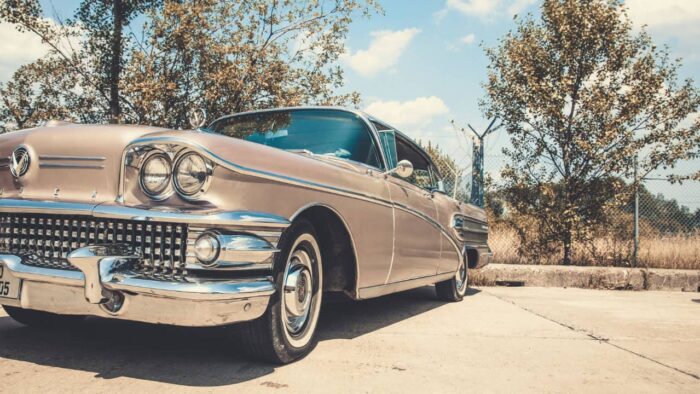Buying a used car is a huge investment, and no one wants to make mistakes during the process. Car buyers may be in the market for used cars, and without the right tips, they may purchase defective vehicles that could lead to unnecessary repair costs in the future. This article clearly explains what to avoid when buying a used car to get the best value for your money.
What to avoid when buying a used car from a dealership or private party?
Most car buyers prefer to purchase used cars because they are relatively cheaper and more affordable. However, buying used vehicles with no idea of the right steps to take or what to avoid may lead to the purchase of defective vehicles or lemons.
It is highly recommended that before or during the purchase of a used vehicle from dealerships or private sellers, the following should be avoided:
- Not generating a vehicle history report.
- Not getting your financing right.
- Not scheduling a manual inspection.
- Placing no importance on the test drive.
- Ignoring the service and maintenance history.
- Not paying attention while negotiating.
- Buying based on looks.
- Buying without seeking a second opinion.
Not generating a vehicle history report
Not generating a vehicle history report for the vehicle of interest before sealing a deal is one of the biggest mistakes a car buyer must avoid when buying a used car. A vehicle history report is a document that contains accurate vehicle information and the history of a vehicle from manufacture to its current owner. With a vehicle history report, a car buyer can gain access to important information on any vehicle they are interested in.
The information contained in a vehicle history report from Vehicles Report includes ownership history, accident history, damage history, service history, maintenance history, theft records, lien and loan records, and more. With this information, car buyers can be alerted to potential problems a vehicle may encounter in the future and essentially make informed decisions.
Vehicle history reports may be offered by dealerships to their customers, but in some cases, customers may have to generate the vehicle history report themselves from car report services like Vehicles Report, Detailed Vehicle History, and others.
ALSO READ: Volvo Vs Mercedes Benz | Which is Better for Reliability
Not getting your financing right
Not getting the right financing is another mistake to avoid when buying a used car. Before stepping out for any car purchase, car buyers should have thought about how they would pay for it and must have sorted it out. Car buyers are more likely to pay for vehicles through available financing options. For used cars, financing options are fewer, and this means you have to do your homework before getting to any dealership for a purchase. Dealerships offer financing options to customers but be aware that dealer financing often comes with additional interest rates.

There are financing options available around, and if you look hard enough, you should be able to find one with good rates. Keep in mind your budget and remember that used car financing rates are usually higher compared to the financing options for new cars.
Not scheduling a manual inspection
Another common mistake that car buyers make is skipping the manual inspection. A mechanical inspection carried out by a professional mechanic helps identify the underlying and hidden defects a vehicle may have. A mechanical inspection during a car purchase is one of the most effective ways to determine a vehicle’s overall condition and reliability.

This way you can spot the mechanical defects and damages a vehicle has, and you may be able to get an estimate of the repair costs if you choose to purchase the vehicle. If a dealer seems hesitant about a mechanical inspection, it means they are trying to hide something. This is one of the big red flags when buying a used car.
Placing no importance on the test drive
The test drive is another important step when it comes to used car purchases. A test drive gives a car buyer the general feel of the vehicle they are interested in buying. With a test drive, they may get a feel for the vehicle’s performance, handling, and comfort. Test drives also give car buyers the opportunity to spot strange noises, and examine their vehicles’ brakes, steering, suspension, and more.

Most car buyers hire test drivers who are professionals at pre-purchase test drives. They charge a fee, but they provide you with information about the reliability of your vehicle and reduce the chances of landing a lemon.
Ignoring the service and maintenance history
The service and maintenance history gives a car buyer an idea of just how well the vehicle was maintained during its lifetime, which directly affects a vehicle’s performance. A well-maintained vehicle has fewer chances of requiring repairs after purchase, and maintenance records can also provide information about potential issues that may need attention in the future.
Not paying attention while negotiating
Knowing what not to do when buying a car comes with an understanding that the dealers are out to make the biggest profits from their vehicles. This means the vehicles in a dealer’s inventory may have really high asking prices, and it is your responsibility to negotiate properly until the vehicle you are interested in meets your estimated budget.
Before negotiations begin, it is important to do some research on the used car market trends to determine the average market value of the vehicle you are interested in. This way, you can have an idea of your vehicle’s value and negotiate properly. Begin negotiating 10–25% below the listed price and don’t exceed your budget.
ALSO READ: How to Buy a Used Car In Arizona | Things to Know to Avoid Scams
Buying based on looks
Another thing to avoid when buying a used car is buying a vehicle based on its appearance. That a vehicle’s exterior looks welcoming doesn’t imply that the vehicle would have high-tech safety features or high performance. This is why a vehicle history report, test drive, and mechanical inspection are highly recommended before a car buyer chooses to commit to any car purchase. A good-looking vehicle may have a salvage, rebuilt, or junk title hidden among records, and these are some of the used cars to avoid buying.
Buying without seeking a second opinion
Buying without seeking a second opinion is another mistake to avoid when buying a used car. Compare the vehicles offered by several dealerships and take note of the asking prices. Check online marketplaces and get two, three, four, or five opinions before beginning the car purchase. Pay attention to the prices and features across dealerships, private sellers, and marketplaces, and pick the best vehicle offered among them.
Final Words
Knowing what to avoid when buying a used car is the first step to choosing a reliable vehicle. Make sure you generate a vehicle history report, get your financing right, schedule a manual inspection, and test drive.
Also, take a good look at the vehicle’s service and maintenance history, negotiate properly, shop across dealerships, and don’t prioritize the vehicle’s exterior design and looks.








